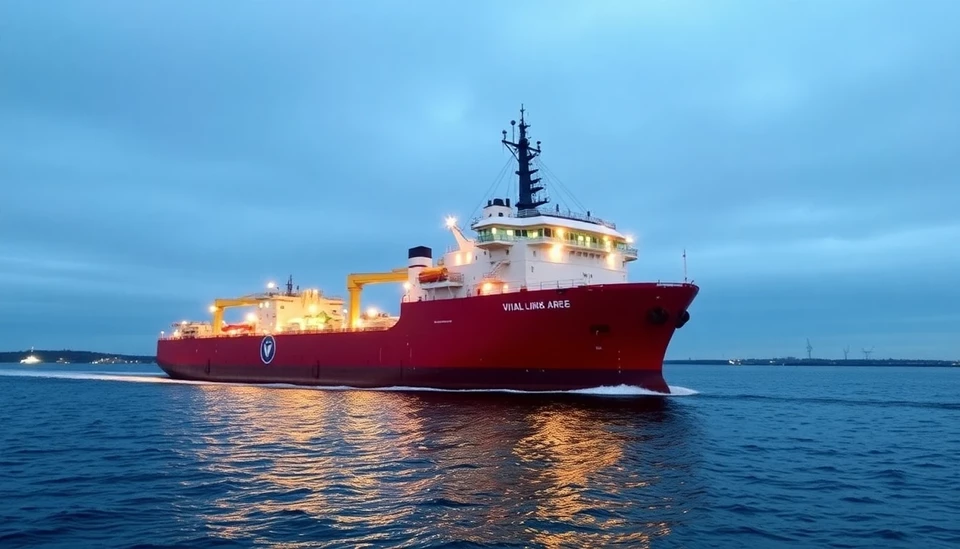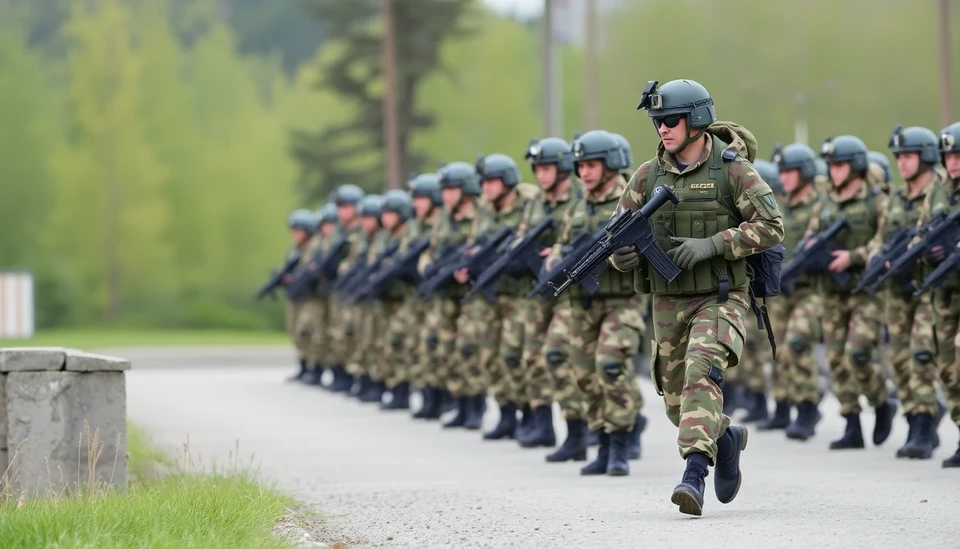
In a decisive move to safeguard its energy infrastructure, Estonia has dispatched a specialized vessel to monitor and secure a critical power connection after recent disruptions rendered the cables non-operational. This action underscores the Baltic nation’s commitment to maintaining a reliable and resilient power network amid rising tensions in the region.
The deployment comes in the wake of heightened scrutiny regarding energy vulnerabilities, particularly given the recent incidents that have left the crucial subsea power cables offline. The Estonian authorities have expressed concern not only over the physical integrity of these cables but also regarding the broader implications for national security and energy independence.
Estonia's actions reflect an increasing awareness of energy security issues in the context of geopolitical challenges in Europe. The underwater power link, which connects Estonia with neighboring countries, is a vital artery for electricity supply that supports both domestic consumption and regional energy cooperation. Ensuring its operational status is not just important for the economy, but also for the strategic energy autonomy of the nation.
Officials stated that the decision to send a ship was influenced by recent intelligence assessments that suggested potential risks to the underwater cables. These cables play a pivotal role in linking the Baltic states to each other and the Scandinavian energy markets, highlighting the interconnected nature of regional energy systems.
The Estonian government has emphasized the importance of vigilance in safeguarding critical infrastructure and is evaluating all possible measures to reinforce monitoring and response capabilities. This proactive stance aims to ensure that any future disruptions can be swiftly addressed while minimizing potential fallout on the population and economy.
As tensions continue to rise in the broader geopolitical landscape, other Baltic nations may also look to bolster their energy security measures, taking cues from Estonia's strategic response. The situation serves as a reminder of the intertwined nature of energy systems and the pressing need for nations to protect their vital resources against unforeseen threats.
Estonia’s naval presence in these waters is not merely a precaution but a reaffirmation of its readiness to defend its energy infrastructure, reflecting a broader strategy to ensure resilience in a time of uncertainty.
Overall, the decision to send a ship for the protection of the power link encapsulates Estonia’s proactive approach to energy security, prioritizing the safety and reliability of its energy systems as core components of national security.
#Estonia #EnergySecurity #PowerLink #Geopolitics #BalticStates #InfrastructureProtection #EnergyIndependence
Author: Rachel Greene

